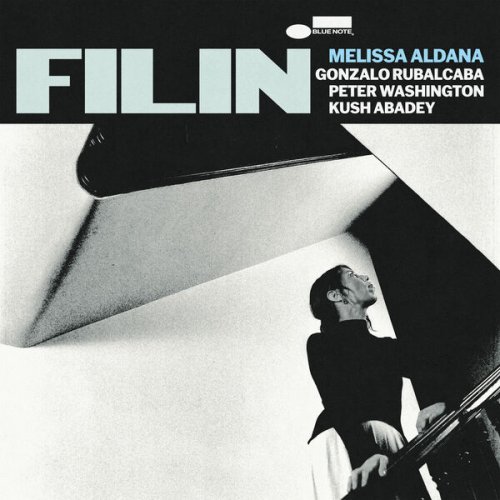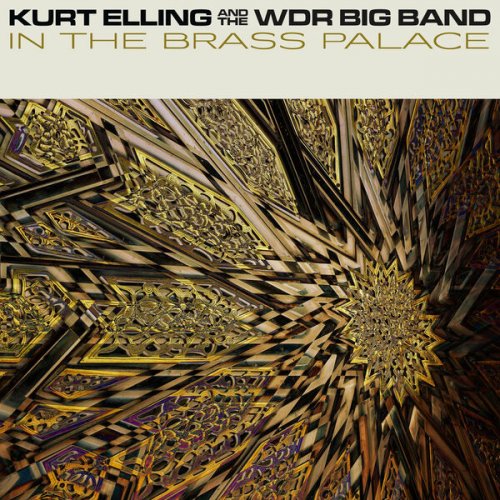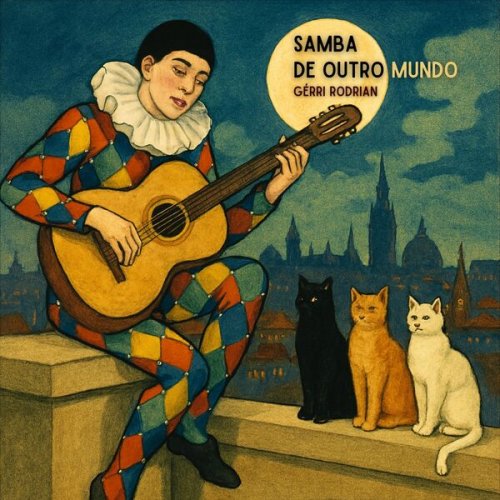Les Paladins, Jerome Correas - Mazzocchi - Madrigali & dialoghi (2006)
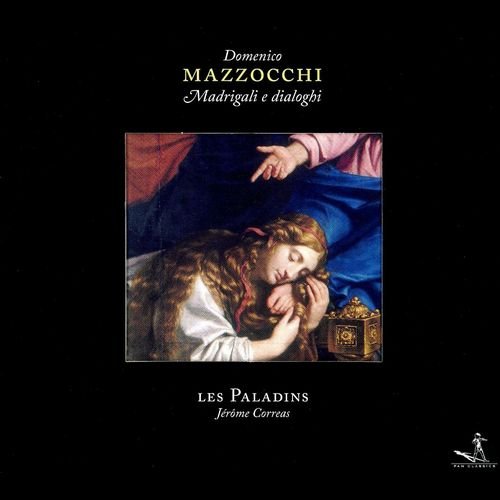
Artist: Les Paladins, Jerome Correas
Title: Mazzocchi - Madrigali & dialoghi
Year Of Release: 2006
Label: Pan Classics
Genre: Classical, Vocal
Quality: FLAC (tracks+.cue,log,scans)
Total Time: 67:40
Total Size: 380 Mb
WebSite: Album Preview
Tracklist: Title: Mazzocchi - Madrigali & dialoghi
Year Of Release: 2006
Label: Pan Classics
Genre: Classical, Vocal
Quality: FLAC (tracks+.cue,log,scans)
Total Time: 67:40
Total Size: 380 Mb
WebSite: Album Preview
01. Jesu, dulcis memoria
02. Battaglia per espugnare Amore, concerto a 3
03. Domine, ne in ira tua
04. Contro gli allettamenti mondani
05. Fortuna, su'l voltoun crine
06. Alla Beatissima Vergine
07. Dialogo della Cantica
08. La Maddalena riccore alle Lagrime
09. Sopra Maria e Giesu, aria a 2
10. Viri Sancti
11. Pentimento di haver seguido Amore, aria a 2
12. Dovemo piangere La Passione di Nostro Signore, recitativo a 2
13. Surge propera, amica mea
14. Breve e la vita nostra, aria a 3
15. Non si deve piangere per vano amore, aria a 3
16. Vide, Domine, afflictiones nostram
Performers:
Les Paladins
Jerome Correas, conductor
The music on this disc comes from Rome in the middle seventeenth century, and it is seemingly, to use a word that recurs several times in the dense but informative booklet, paradoxical. Domenico Mazzocchi (1592-1665) was a composer who worked at the feet of popes. Yet the music here is stylistically of the sensuous seconda prattica, the operatic art of Monteverdi and his cohorts in the generation before. If the term "Counter Reformation" brings to mind music like Palestrina's, know that you get something very different here, something closer to the religious masterworks of Monteverdi's later career but on a more intimate scale. All the music is sacred, some in Latin and some in Italian; the generic designations were slippery at this point, but most of the pieces might be called cantatas, with original texts (all translated into German, English, and French in the booklet). They are mostly duos and trios (a few pieces, probably originally choral, are done by the full group of five solo voices), with accompaniment by an ensemble somewhere between an orchestra and a continuo -- violins, harp, theorbo/guitar, bass viol, violone, and keyboard, with Jérôme Correas directing the group as a whole, called Les Paladins, from the keyboard. And the music is as passionate as anything in Orfeo. As annotator Olivier Rouvière neatly put it, Mazzocchi's music displays a "hesitation between hedonism and rhetorical precision." The booklet goes into great detail about the roots of this duality in Counter Reformation thought -- Catholicism responded to the Protestant challenge not only by purifying its texts but also by seeking to maximize their emotional impact. The issues gloriously work themselves out in Mazzocchi's music. Sample track 2, the Concerto à 3: "Battaglia per espugnare Amore" (The Battle to Defeat Love), where, one might say, it takes the master's tools to dismantle the master's house. Also of interest are the Dialogo della cantica and other pieces with a dialogic aspect -- clear precursors of the dialogues of the soul in Carissimi and all the way down to Bach and beyond. Indeed the chief strength of the album lies in how it reveals more of the deep roots of the much-vaunted marriage of sacred and secular music in Bach. Beyond that, it's just gorgeous from a vocal standpoint. The five voices of Les Paladins (named for a Rameau opera) give the music the sensuous appeal it deserves, and they communicate the content of the texts in detail and with conviction -- job one with this music. The sound environment of a medieval monastery is a bit chilly for the music but does not stand in its way. This is an impressive entry in the parade of French recordings that have brought to life something of the impact the music of the seventeenth century must have had in its own times.
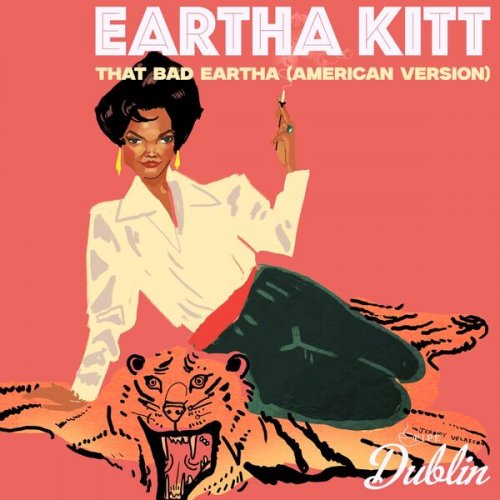
![Marcela Arroyo & Quique Sinesi - Reflejos (2026) [Hi-Res] Marcela Arroyo & Quique Sinesi - Reflejos (2026) [Hi-Res]](https://www.dibpic.com/uploads/posts/2026-02/1770728206_folder.jpg)
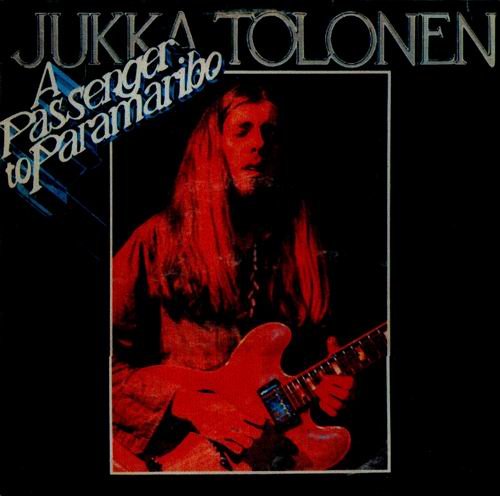
![Robert Lucaciu - FALLEN CROONER (2026) [Hi-Res] Robert Lucaciu - FALLEN CROONER (2026) [Hi-Res]](https://www.dibpic.com/uploads/posts/2026-02/1770896672_rzrlbctp6z9sb_600.jpg)
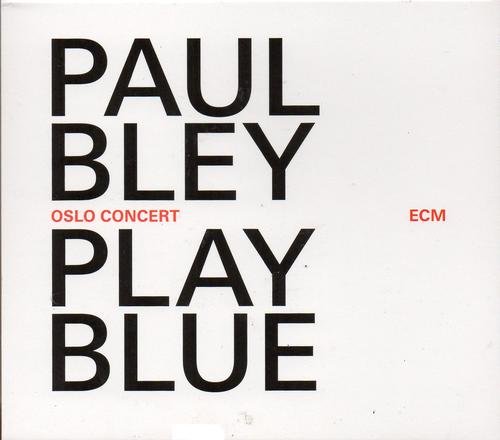
![George Wein & The Storyville Sextet - Metronome Presents Jazz at the Modern (Live / Remastered 2014) (2026) [Hi-Res] George Wein & The Storyville Sextet - Metronome Presents Jazz at the Modern (Live / Remastered 2014) (2026) [Hi-Res]](https://www.dibpic.com/uploads/posts/2026-02/1770798976_cover.jpg)
